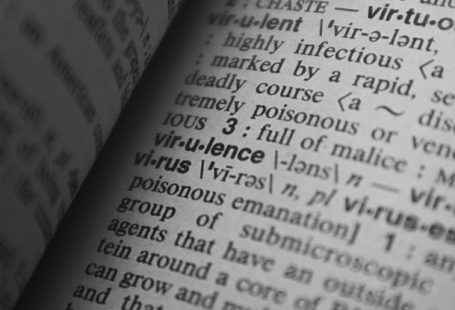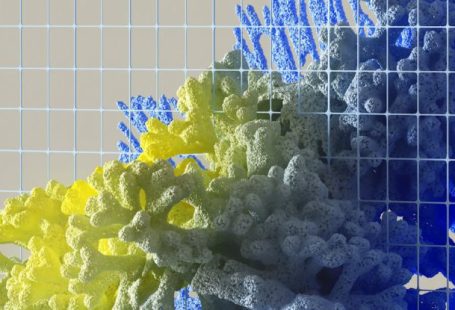Nanotechnology, a field that deals with manipulating matter on an atomic and molecular scale, has made significant advancements in recent years. While often associated with cutting-edge scientific research and futuristic applications, nanotechnology is increasingly finding its way into our everyday lives. From consumer products to healthcare, the potential uses of nanotechnology are vast and impactful. In this article, we will explore how nanotechnology can be integrated into various aspects of our daily routines, revolutionizing the way we interact with the world around us.
### Enhancing Textiles and Clothing
One of the most prominent applications of nanotechnology in everyday life is in the textile and clothing industry. Nanoparticles can be incorporated into fabrics to enhance their properties, such as making them water-repellent, stain-resistant, or even self-cleaning. Additionally, nanotechnology enables the development of clothing with improved thermal regulation, UV protection, and antimicrobial properties. These advancements not only increase the durability and functionality of textiles but also contribute to sustainable practices by reducing the need for frequent washing or chemical treatments.
### Improving Personal Care Products
Nanotechnology has also revolutionized the production of personal care products, such as sunscreen, cosmetics, and skincare items. Nanoparticles can enhance the effectiveness of sunscreen by providing better protection against harmful UV rays without leaving a white residue on the skin. In cosmetics, nanotechnology enables the development of products with improved texture, longer-lasting effects, and better absorption into the skin. Furthermore, nanomaterials are used in skincare formulations to target specific skin concerns, such as wrinkles, acne, or hyperpigmentation, offering personalized solutions for consumers.
### Advancing Electronics and Devices
The electronics industry has greatly benefited from the integration of nanotechnology into the design and manufacturing of devices. Nanomaterials, such as carbon nanotubes and quantum dots, are used to create smaller, faster, and more energy-efficient electronic components. This results in the production of high-performance devices, such as smartphones, tablets, and laptops, with improved functionalities and reduced power consumption. Nanotechnology also plays a crucial role in the development of flexible and transparent electronics, opening up new possibilities for wearable technology and smart devices.
### Enhancing Food Packaging and Storage
Nanotechnology has enabled significant advancements in food packaging and storage solutions, ensuring the safety and quality of food products. Nanoparticles can be incorporated into packaging materials to create barriers against oxygen, moisture, and microbes, extending the shelf life of perishable goods. Additionally, nanosensors are used to detect food spoilage or contamination, providing real-time information about the freshness and safety of products. By leveraging nanotechnology in food packaging, consumers can enjoy fresher, safer, and more sustainable food options.
### Transforming Healthcare and Medicine
In the field of healthcare and medicine, nanotechnology has the potential to revolutionize diagnostics, treatment, and drug delivery systems. Nanoparticles can be engineered to target specific cells or tissues, enabling more precise and effective therapies for various diseases, including cancer, infections, and chronic conditions. Nanotechnology also facilitates the development of diagnostic tools, such as biosensors and imaging agents, that allow for early detection and monitoring of health conditions. By harnessing the power of nanotechnology, healthcare providers can deliver personalized and efficient care to patients.
### Conclusion: Embracing Nanotechnology in Everyday Life
As nanotechnology continues to advance and evolve, its integration into everyday life presents numerous opportunities for innovation and improvement across various industries. From enhancing textiles and personal care products to revolutionizing electronics, food packaging, and healthcare, nanotechnology offers endless possibilities for improving the quality of our daily experiences. By embracing the potential of nanotechnology and exploring its applications, we can pave the way for a more sustainable, efficient, and technologically advanced future.





